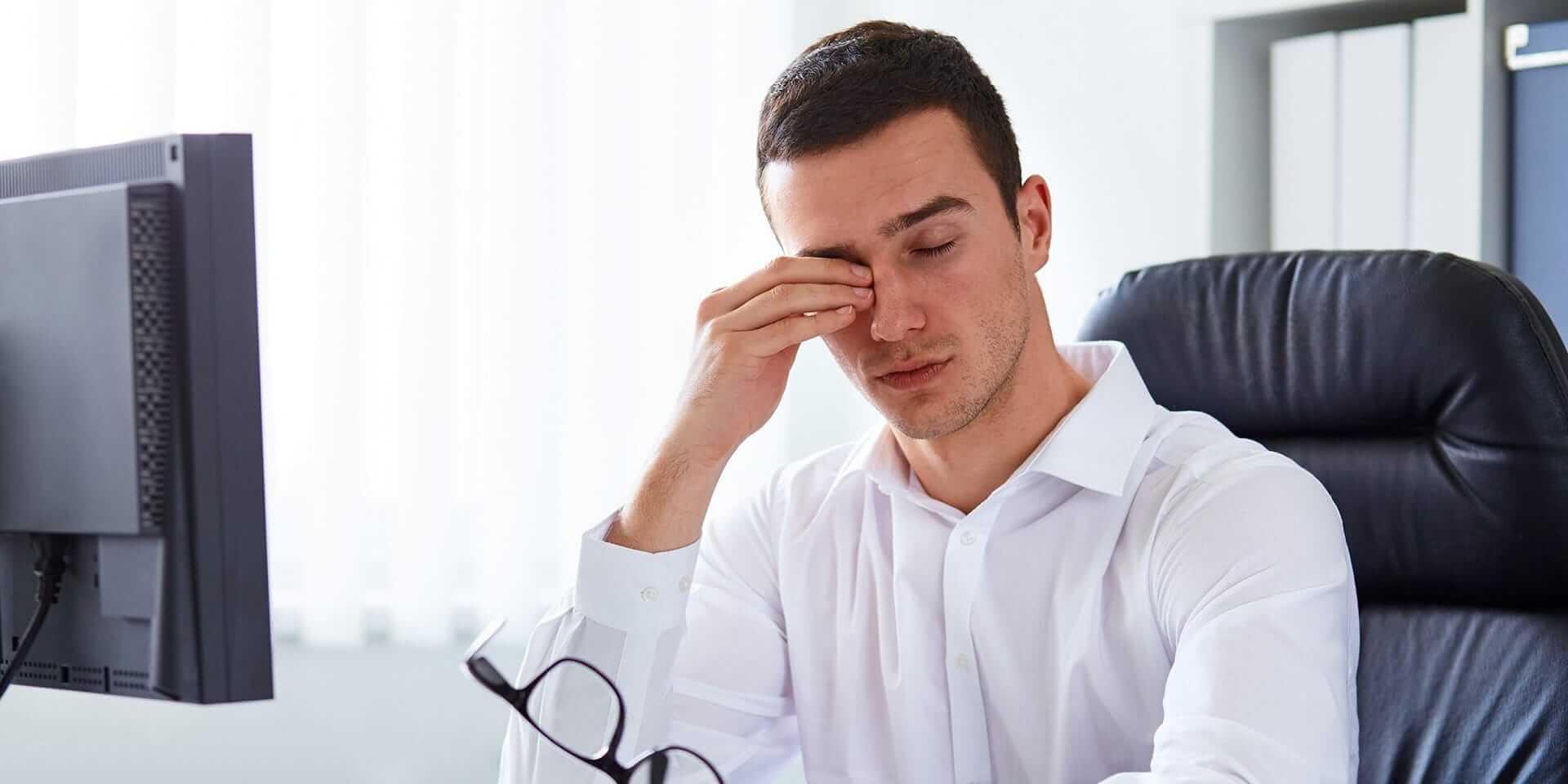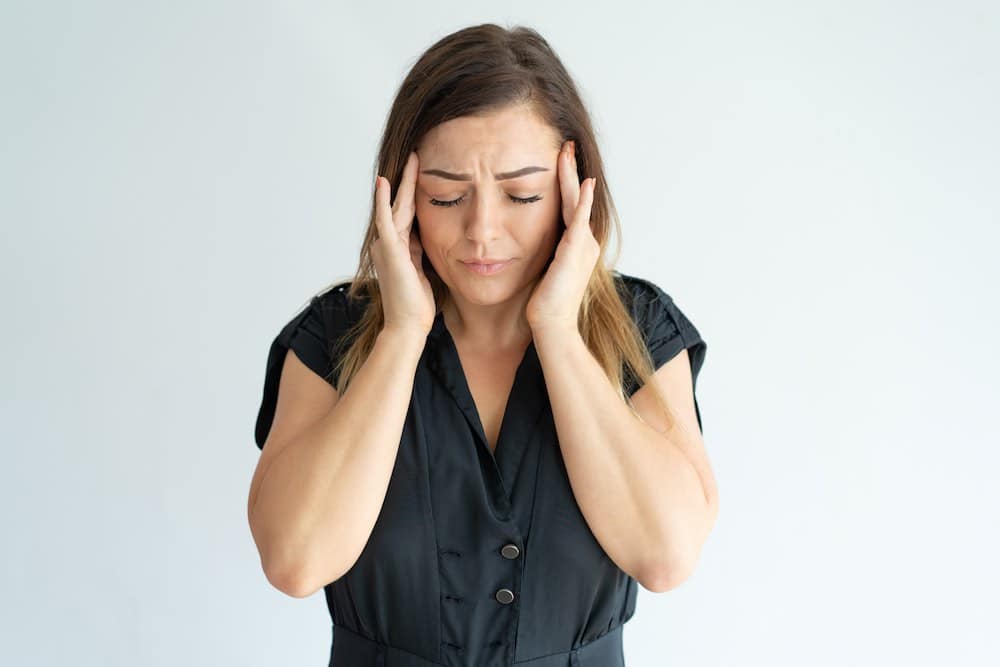Light is essential to helping us to see what is around us as it bounces off the objects we look at; these objects reflect different amounts of light. The quality of light that is reflected back may affect our ability to see clear, too much light reflected back can cause problems with glare – this makes us squint.
So What Is Photophobia?

- An intense need to squint or close your eyes can be initial indicators of photophobia.
- Wanting to blink frequently.
- Headaches.
- Migraines.
- As you become older you may notice a difference in your sensitivity towards certain levels of light.
Photophobia Causes
Photophobia is not an eye disease or condition, it is a symptom of many conditions including infections and inflammations that irritate the eye.
Headaches:

Migraines are the most common cause with up to 80% of people reporting light sensitivity along with their headaches. Other headaches can cause discomfort around light too such as tension and cluster headaches.
Want To Find Out If You're Suitable?
If you're wondering whether laser eye treatment is the right choice for you, there are some key things to consider...
Eye colour:
Those amongst us with a lighter eye colour may experience photophobia more. The condition ocular albinism (lack of eye pigment) is often accompanied by sensitivity to light. Darker coloured eyes contain more pigment which acts as protection against harsh lighting, you can read more about eye colour here.
Medications:
Photophobia has been reported as a side effect of some medications:
- Furosemide
- Quinine, the drug used to treat malaria.
- Antibiotics, such as tetracycline and doxycycline

Eye conditions:
Other conditions commonly linked to light sensitivity include:
- Corneal abrasion (a scratch on your cornea)
- Cataracts (clouding over the lens of your eye)
- Uveitis (swelling of the inside of your eye)
- A detached retina
- Dry Eye Disease
- Irritation from contact lenses
- Refractive surgery
- Sunburn
- Total colour deficiency (seeing the world in shades of grey)
- Conjunctivitis
- Keratitis (swelling of your cornea, the clear layer that covers the coloured part of your eye)
- Iritis (swelling of the coloured ring around your pupil)
Photophobia Treatment

The best route of treatment for light sensitivity is to find and address the underlying cause. Once this cause has been discovered photophobia disappears in many cases.
If medication is being taken that you think is possibly a factor of your own light sensitivity it is extremely important that you do not stop taking it without consulting your doctor. We advise that you get in contact with them and discuss the problems you have encountered with light sensitivity to work out what is best for you.
Photochromic lenses may be the best solution for eyeglasses wearers. These lenses darken automatically outdoors and block 100% of the sun’s harmful UV rays. For sunlight, sunglasses with ultraviolet (UV) protection are advised; these can be worn even in low sunlight to protect your sight.
Read these tips on how to cope with light sensitivity on RNIB.org. If you would like to discuss the effect of light sensitivity after laser eye surgery, feel free to call us on 0207 307 8250 to arrange a free consultation.

